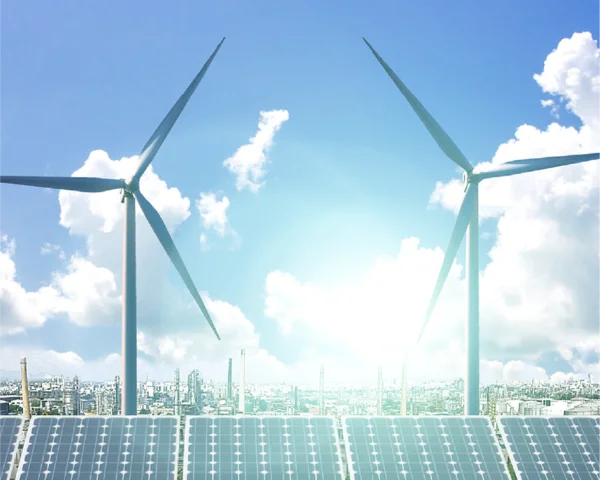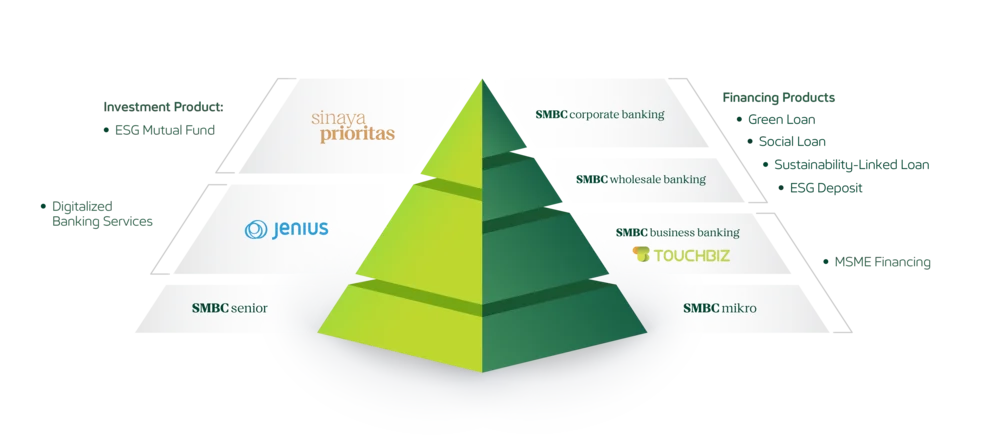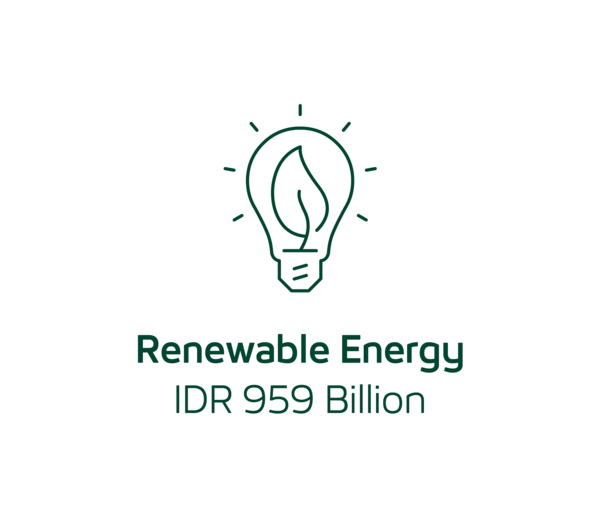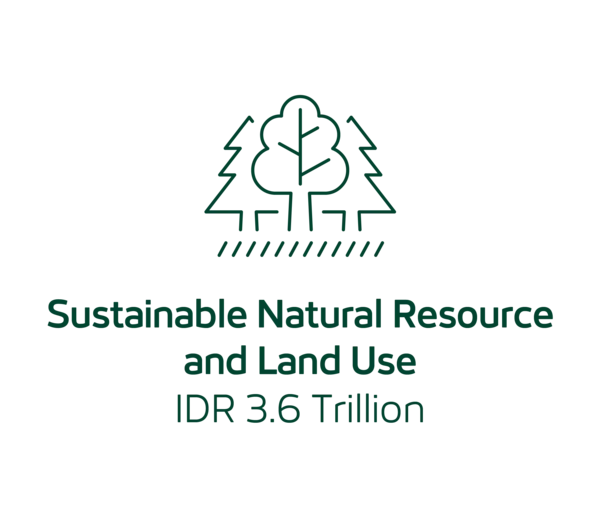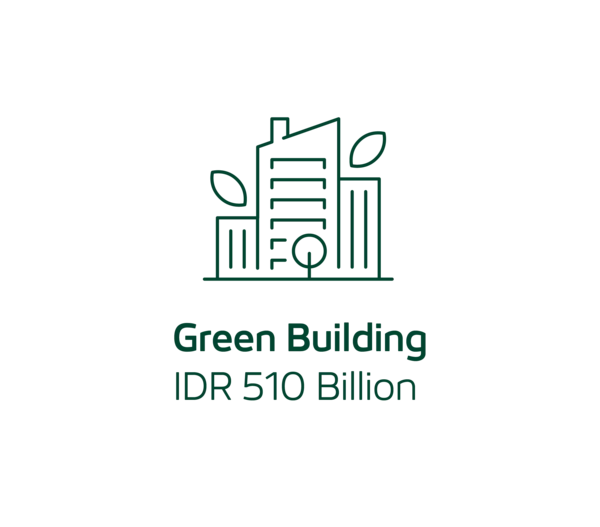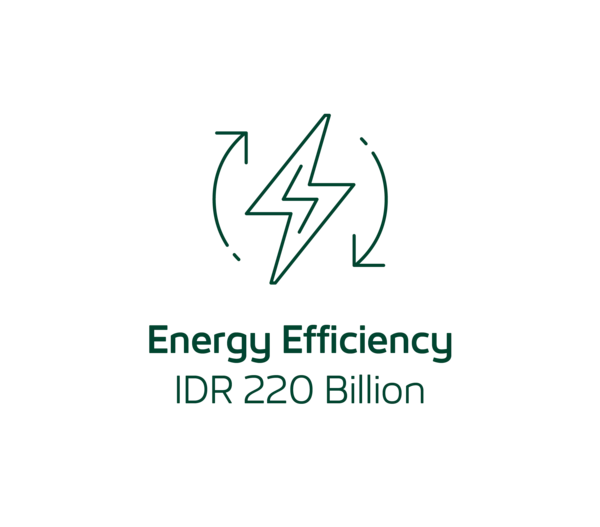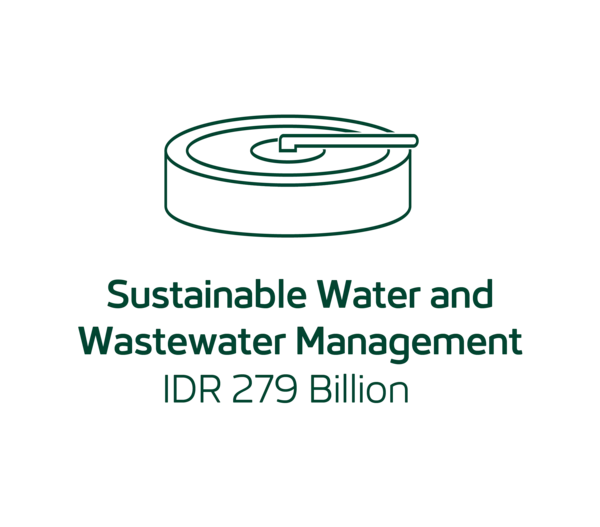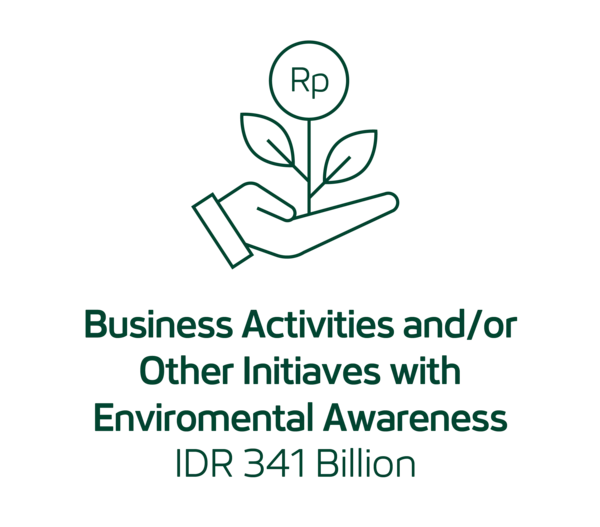Exclusion List related to ESG
In line with the Sustainability Policy, SMBC Indonesia will not provide financing for the following business activities:
- Weapons trade, pornography, or any other businesses that contradict social norms.
- Enterprises, companies, or projects that are anticipated to significantly harm the environment, as well as employ labor not in accordance with the law.
- Large-scale development or construction projects that significantly impact the habitat of endangered species.
- Large-scale development or construction projects located in or potentially having significant negative effects on Ramsar Wetland sites, UNESCO World Heritage sites, and IUCN Protected Areas Categories I-IV.
- Projects that have been proven to violate the rights of local communities or operate in areas of social conflict.
- Enterprises involving deforestation and potentially practicing or participating in illegal logging or human rights violations.
- Enterprises that lead to the occurrence of human rights violations.
- Coal mining industry:
i. Those that implement Mountain Top Removal (MTR) practices and/or infrastructure development aimed at coal mining using MTR.
ii. Thermal coal mining and infrastructure development that aims for thermal coal mining.
iii. Companies whose primary business is thermal coal mining or coal infrastructure that do not have outstanding exposure to the SMBC Group.
iv. Companies and thermal coal mining projects with maturity dates exceeding the end of the fiscal year 2030 in OECD Countries* and the end of the fiscal year 2040 in non-OECD Countries.
However, for enterprises that contribute to the transition from fossil fuel businesses, including those that are eligible.
9. Coal-Fired Power Plant (PLTU) including:
i. Captive PLTU for self-consumption purposes.
ii. New construction or expansion of PLTU
iii. Companies whose main business is coal-fired power generation that do not have outstanding exposure and loans with the SMBC Group.
iv. Coal-fired power plants that have a maturity date beyond the end of the fiscal year 2040.
However, for businesses that contribute to the transition towards a carbon-free society, they will continue to be exempt from these restrictions.
10. Specifically for the use of funds from third parties, the Bank will adhere to the exclusion list imposed by the respective third party.
11. New projects or expansions of Biomass Power Plants (PLTBm) using wood that involve practices of primary forest logging and violations of human rights.
12. Producers of cluster munitions and manufacturers of other weapons of mass destruction.








